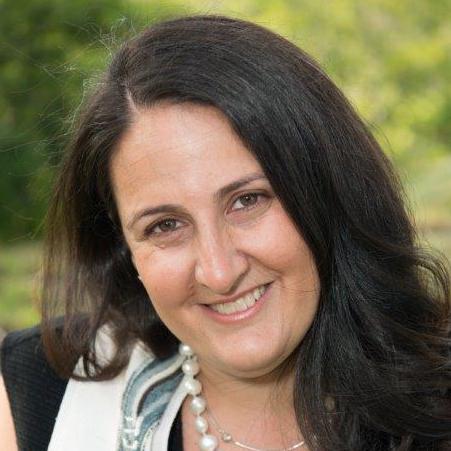Question: Can we throw something other than bread into water for Tashlich? Bread is poisonous to most birds and fish. Are there alternatives?
— Mindy K.
Dear Mindy,
Tashlich is a ritual, typically performed on or around Rosh Hashanah, in which Jews visit a body of water and symbolically cast off their sins. It is customary to empty your pockets or toss bread, which represents the “sins,” into the water.
The idea of the Tashlich ritual was seeded in the Book of Micah, where the text reads: “God will take us back in love; God will cover up our iniquities. You will cast all their sins into the depths of the sea.” (Micah 7:19). You’ll note that there is no mention of bread, which is a good start. The earliest recorded mention of a Tashlich ceremony near water dates back to 15th-century Germany, and eventually spread to Sephardic communities as well.

Help us keep Jewish knowledge accessible to millions of people around the world.
Your donation to My Jewish Learning fuels endless journeys of Jewish discovery. With your help, My Jewish Learning can continue to provide nonstop opportunities for learning, connection and growth.
The whole notion of Tashlich, this symbolic casting, was probably meant as a metaphor. Over the centuries though, a custom developed of literally casting into the water. At a time when resources were scarce, and food was certainly not to be wasted, the practice was generally to stand by moving water (that part is important!) and shake out one’s pockets. In medieval times, the fish probably enjoyed some nice pocket lint along with whatever breadcrumbs might also have been conjured.
Long before environmental concerns surfaced, there were rabbinic debates over whether or not the point of Tashlich is to feed one’s sins to fish and other aquatic beings. The rabbis all seem to agree that, while this might be a secondary consequence, it should not be the goal of the Tashlich ceremony. Nowhere in the literature is bread mentioned as a requirement; in fact, nowhere in the rabbinic canon is Tashlich itself mentioned as a required ritual. It falls more into the realm of custom, which leaves itself open to a lot of creativity and a lot of leniency.
I’ve heard of communities using bird feed, pebbles, leaves, or dissolvable paper. Recently, I even heard that frozen peas are great too. All this to say, as long as you are going to the body of water with the intention of symbolically emptying your pockets of sin, and as long as you spend some time reflecting on what it is you should be casting away, you should feel free to be creative and environmentally conscious about the substance you throw.

Rabbi Sari Laufer is the chief engagement officer at Stephen Wise Temple in Los Angeles.



